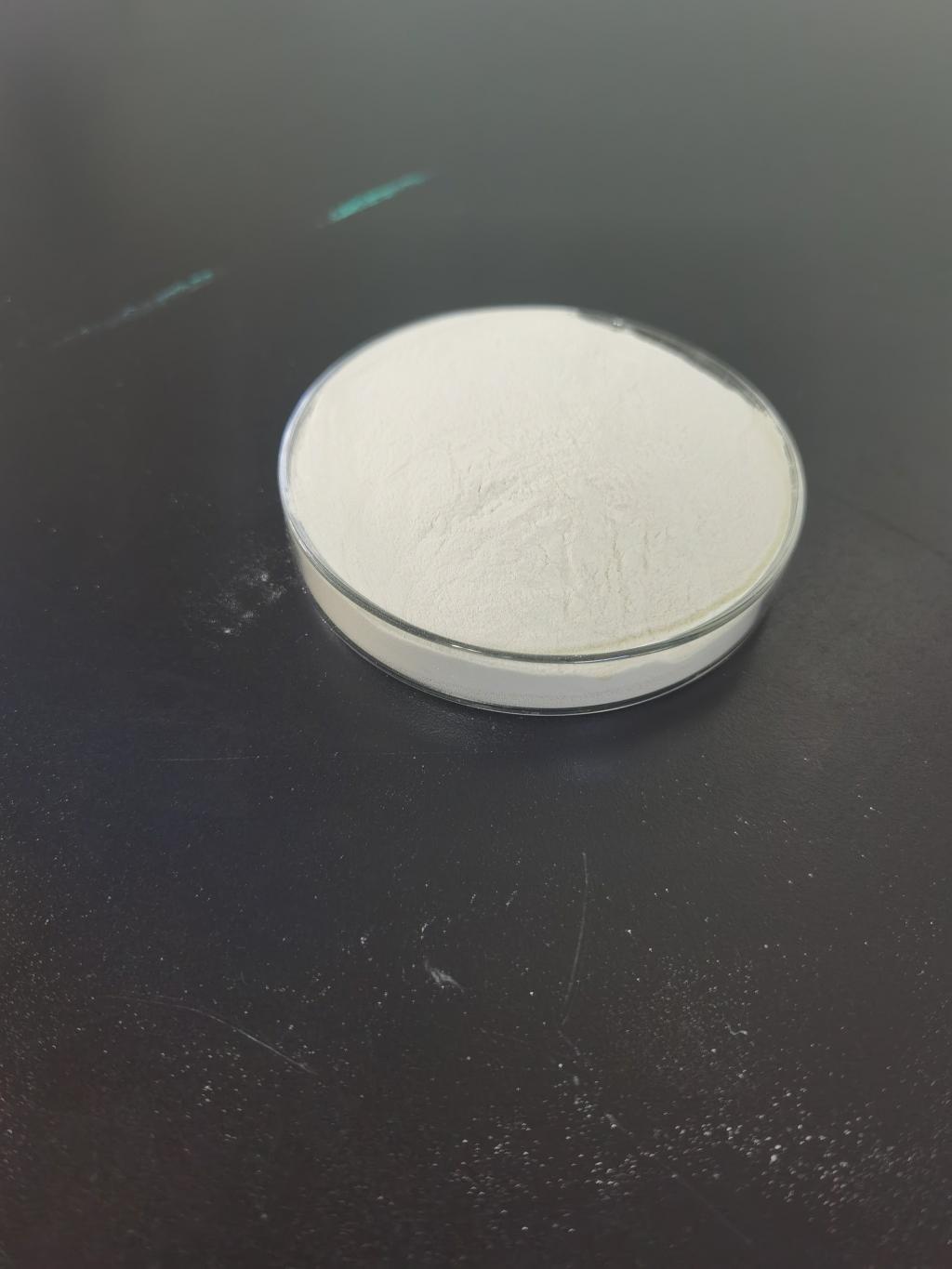Tel:+8618231198596

News
 CONTACT
CONTACT
 CONTACT
CONTACT
- Linkman:Linda Yao
- Tel: +8618231198596
- Email:linda.yao@dcpharma.cn
- Linkman:CHARLES.WANG
- Department:Overseas
- Tel: 0086 0311-85537378 0086 0311-85539701
News
The effectiveness of nisin in reducing microbial load in smoothies.
TIME:2024-12-06
Understanding Nisin and Its Mechanism of Action
Nisin is a naturally occurring bacteriocin, produced by Lactococcus lactis, a species of lactic acid bacteria. As a bacteriocin, nisin targets and disrupts the cell membranes of a wide range of bacteria, particularly Gram-positive organisms. It works by binding to the bacterial cell wall and interfering with peptidoglycan synthesis, leading to cell death. Nisin is highly effective against a variety of spoilage and pathogenic bacteria, including Listeria monocytogenes, Staphylococcus aureus, and Bacillus cereus—all of which can thrive in perishable products like smoothies.
One of the major advantages of using nisin is that it is classified as a natural preservative. Unlike synthetic chemicals, nisin does not alter the taste, appearance, or nutritional value of food, making it an ideal solution for food products like smoothies that rely on fresh, natural ingredients.
Microbial Risks in Smoothies
Smoothies typically contain a combination of fruits, vegetables, dairy or plant-based milks, and other ingredients like yogurt, seeds, or protein powders. While these ingredients are nutritious, they also provide an ideal environment for microbial growth, especially when the product is not consumed immediately.
The primary microbial risks associated with smoothies include the growth of spoilage organisms like Pseudomonas spp. and Bacillus spp., as well as foodborne pathogens such as E. coli, Salmonella, and Listeria monocytogenes. These microorganisms can cause unpleasant off-flavors, changes in texture, and even foodborne illness. The challenge for smoothie manufacturers is to find a way to extend shelf life while preserving the natural qualities of the product.
Nisin’s Role in Reducing Microbial Load in Smoothies
Research has shown that nisin can be highly effective in reducing microbial load in smoothies, significantly extending their shelf life without compromising quality. The incorporation of nisin into smoothie formulations or packaging helps inhibit the growth of harmful bacteria and spoilage microorganisms.
Control of Pathogens: Nisin has demonstrated efficacy in controlling foodborne pathogens such as Listeria monocytogenes and Salmonella. These pathogens are particularly concerning in ready-to-drink beverages like smoothies, where they can multiply quickly in refrigerated conditions. Nisin can be added to the smoothie mixture or incorporated into the packaging to provide an added layer of protection.
Reduction of Spoilage Organisms: Smoothies often contain high-moisture ingredients, which promote the growth of spoilage bacteria that affect taste and texture. Nisin effectively inhibits the growth of spoilage organisms like Pseudomonas and Bacillus species, thereby preserving the freshness and flavor of the smoothie for a longer period.
Compatibility with Natural Ingredients: One of the most appealing aspects of nisin is that it can be used in conjunction with other natural preservatives and ingredients, allowing manufacturers to maintain the integrity of the smoothie. It does not alter the taste or color of the product, which is essential for consumer acceptance, especially for those seeking minimally processed beverages.
Application Methods: Nisin can be incorporated into smoothies in several ways. It can be added directly to the mixture during production, incorporated into a probiotic culture, or used in packaging materials that slowly release nisin over time. This flexibility makes it adaptable to various production methods and consumer preferences.
Regulatory Approval and Consumer Acceptance
Nisin is recognized as safe by regulatory agencies such as the U.S. Food and Drug Administration (FDA), which has granted it Generally Recognized As Safe (GRAS) status. This approval ensures that nisin is a viable preservative option for use in smoothies and other food products. Furthermore, nisin’s status as a natural preservative aligns well with consumer demand for clean-label products that do not contain artificial additives or preservatives.
As consumers become more health-conscious, there is an increasing preference for products that are free from synthetic chemicals. Nisin’s natural origin and effectiveness in reducing microbial contamination make it an attractive choice for smoothie manufacturers looking to meet these evolving consumer preferences.
Conclusion
Nisin offers an effective, natural solution for reducing microbial load in smoothies, providing a safer, longer-lasting product without compromising the fresh, natural appeal that consumers expect. Its ability to control both spoilage and pathogenic microorganisms, combined with its GRAS status, makes it an ideal preservative for the smoothie industry. By incorporating nisin, smoothie manufacturers can improve product safety, extend shelf life, and meet the growing consumer demand for clean, natural ingredients. As the market for healthy, ready-to-drink beverages continues to expand, nisin’s role in food preservation will likely become even more important in ensuring the safety and quality of smoothies.
- Tel:+8618231198596
- Whatsapp:18231198596
- Chat With Skype







